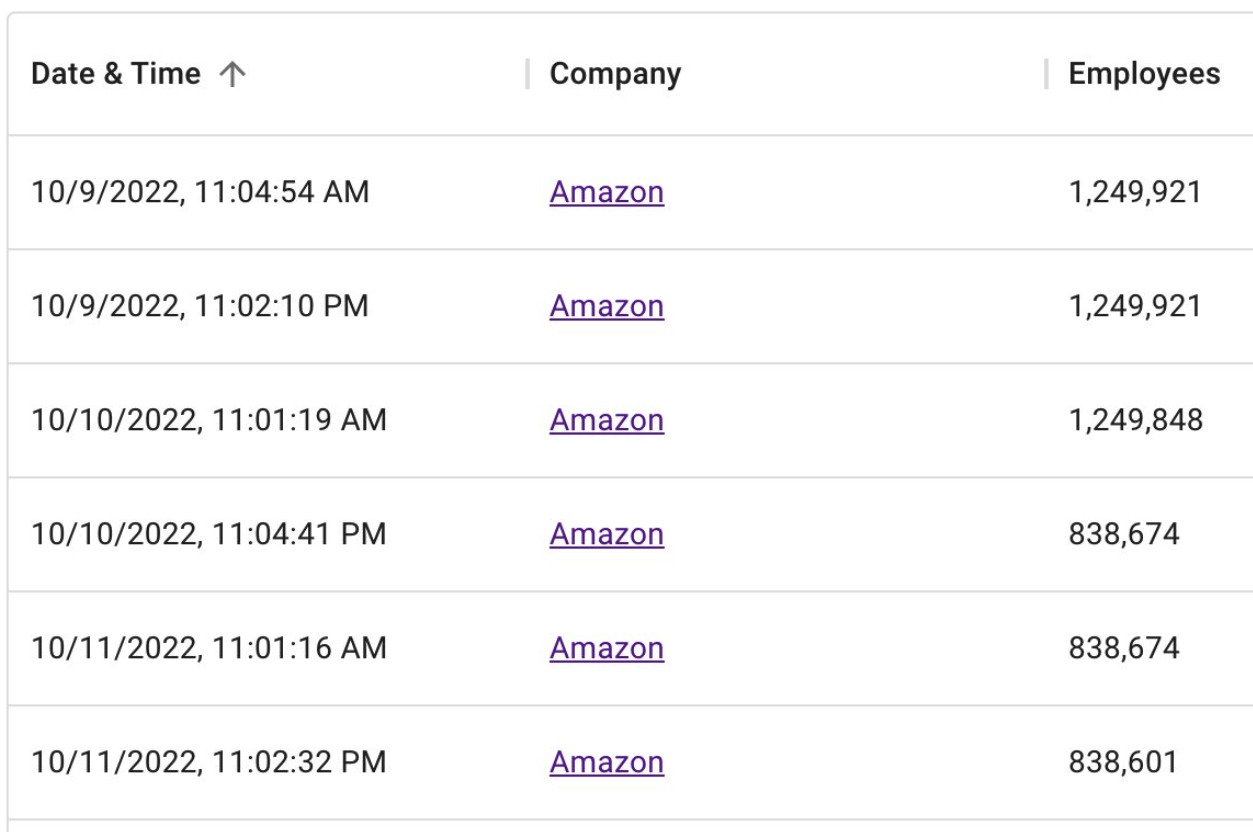The future of security: smarter devices that protect themselves

Jamf officially completed its acquisition of Zecops this week. Why is this important and what might it mean to enterprise mobile security? Potentially, a lot.
Security beyond the perimiter
To get an answer to the question, think about how security has evolved. as the proliferation of mobile devices has made traditional security protections even less effective than they used to be.




